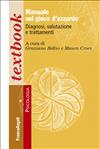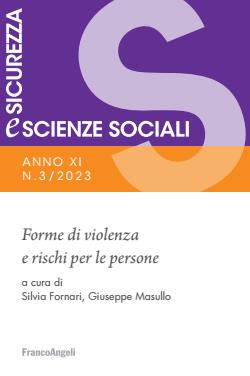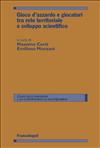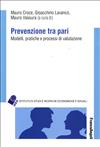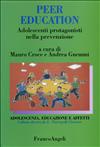Italy’s Growing Gambling Market: Concealed Violence or Collective Indifference? Questioning the Social Costs and ‘Legitimate’ Earnings ABSTRACT: Referring specifically to individual and social attitudes towards gambling, which have a history of attracting ambivalent feelings that oscillate continuously between permissiveness and prohibition, this article sets out to detail a series of points with regard to the reasons for the persistence of certain paradoxes in our current social system, such as the tendency on the part of the institutions to condemn the phenomenon morally and legally on the one hand, while on the other tolerating it and promoting it collectively. Specifically, after examining certain epidemiological and evolutionary aspects of gambling (such as the recent metamorphosis in the types of gaming available, the differentiation in channels of access to gambling and the increased risks of addiction), the analysis then concentrates on the unacknowledged social costs related to it, such as the ones relative to the gambler’s family, employment and social situations, or the ones deriving from health problems or from the higher probability to succumb to illegal practices (such as tax evasion, embezzlement, theft, robbery, receiving stolen goods, usury or extortion). In particular, the authors focus on the relationship between legal and illegal gambling and on the intrinsic economic perversion that links these two ‘discrete’ financial circuits together in an extremely vicious circle mechanism.

